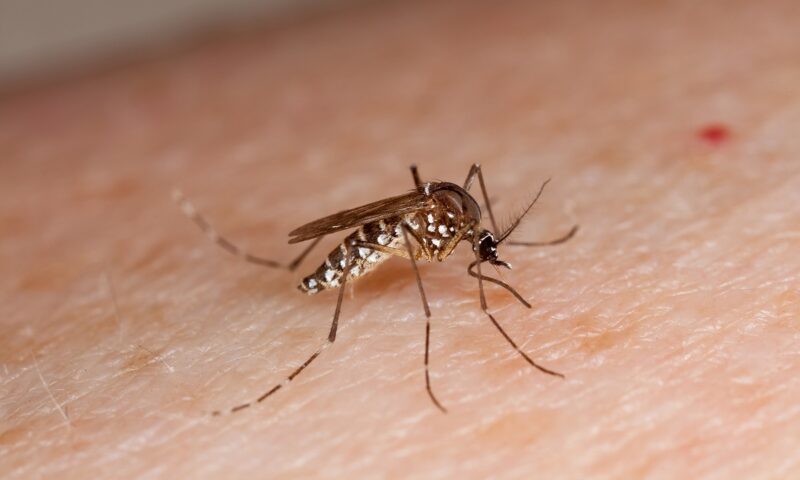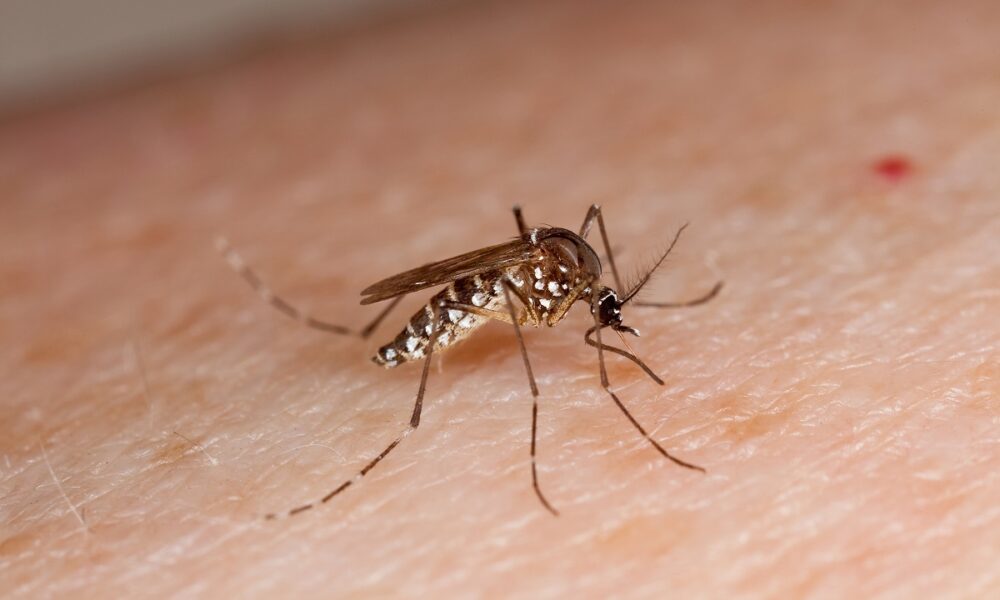
Photo: Stephen Ausmus/USDA/Flickr/Playback
Research conducted by Japan’s National Institute of Infectious Diseases has identified a mutated mosquito species for dengue. the new Aedes aegypti An article published in the journal showed that it is highly resistant and does not die even when exposed to pesticides Science advances on December 21st.
The team of researchers collected mosquitoes from several countries, including Brazil. But 78% of the insects found in Cambodia are Vietnam With the L982W mutation associated with resistance to permethrin, a common insecticide on the market. Scientists have observed this mutation in mosquitoes before, but never at such high rates.
The study also found that mosquitoes in the Cambodian capital, Phnom Penh, are highly resistant to two insecticides often used to scare them away. One insecticide killed only 10% of mosquitoes, while the other killed none.
The research did not find the boom anywhere other than Vietnam and Cambodia, but warns of a possible advance to other regions of the country Asia – and maybe to other continents.
Vectors of dengue, chikungunya and the Zika virus, Aedes aegypti travel easily and their eggs are inherently resistant: studies have already shown they can survive months in a drought, for example.
“Our work shows that evolution is a powerful force,” Shinji Kasai, lead author of the study, told the journal. Washington Post🇧🇷 According to him, mosquito control efforts should be as adaptable as the insects themselves.
The dengue mosquito can live anywhere. They love artificial water containers such as pots, cups, and used tires. He noted that it is impossible to get rid of these water tanks.
The study estimates that dengue infections have increased 30-fold since 1970. Today, there are 390 million new infections each year.

“Wannabe internet buff. Future teen idol. Hardcore zombie guru. Gamer. Avid creator. Entrepreneur. Bacon ninja.”

